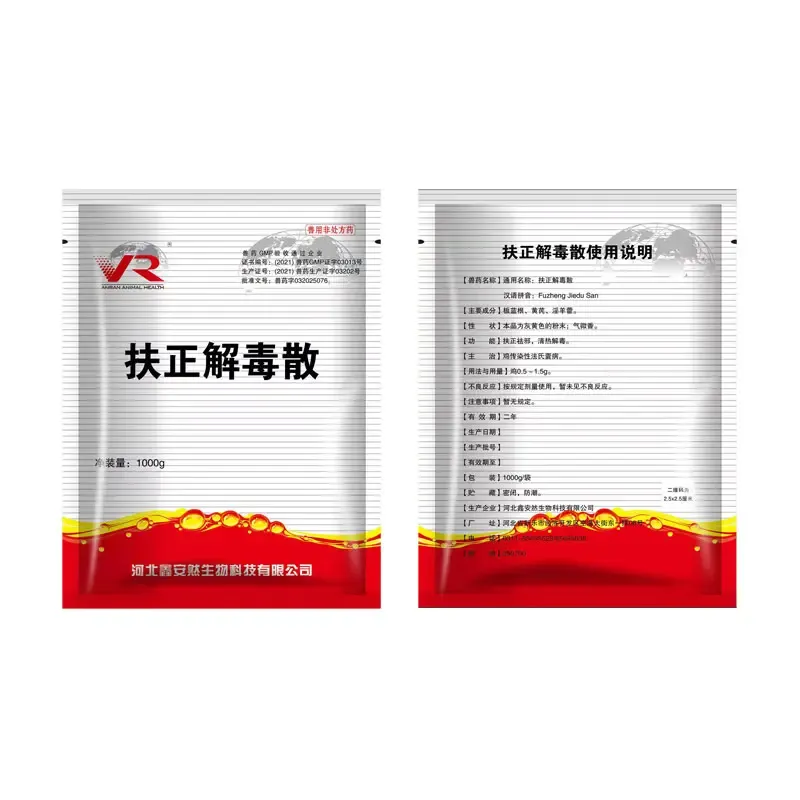- Afrikaans
- Albanian
- Amharic
- Arabic
- Armenian
- Azerbaijani
- Basque
- Belarusian
- Bengali
- Bosnian
- Bulgarian
- Catalan
- Cebuano
- Corsican
- Croatian
- Czech
- Danish
- Dutch
- English
- Esperanto
- Estonian
- Finnish
- French
- Frisian
- Galician
- Georgian
- German
- Greek
- Gujarati
- Haitian Creole
- hausa
- hawaiian
- Hebrew
- Hindi
- Miao
- Hungarian
- Icelandic
- igbo
- Indonesian
- irish
- Italian
- Japanese
- Javanese
- Kannada
- kazakh
- Khmer
- Rwandese
- Korean
- Kurdish
- Kyrgyz
- Lao
- Latin
- Latvian
- Lithuanian
- Luxembourgish
- Macedonian
- Malgashi
- Malay
- Malayalam
- Maltese
- Maori
- Marathi
- Mongolian
- Myanmar
- Nepali
- Norwegian
- Norwegian
- Occitan
- Pashto
- Persian
- Polish
- Portuguese
- Punjabi
- Romanian
- Russian
- Samoan
- Scottish Gaelic
- Serbian
- Sesotho
- Shona
- Sindhi
- Sinhala
- Slovak
- Slovenian
- Somali
- Spanish
- Sundanese
- Swahili
- Swedish
- Tagalog
- Tajik
- Tamil
- Tatar
- Telugu
- Thai
- Turkish
- Turkmen
- Ukrainian
- Urdu
- Uighur
- Uzbek
- Vietnamese
- Welsh
- Bantu
- Yiddish
- Yoruba
- Zulu
Dec . 05, 2024 06:59 Back to list
Effective Antibiotics for Treating Chest Infections and Their Uses
Understanding Antibiotics for Chest Infections
Chest infections, which include conditions such as pneumonia and bronchitis, are common ailments that can affect individuals of all ages. They are often caused by bacteria, viruses, or fungi, but bacterial infections typically require antibiotic treatment. This article will delve into the types of antibiotics that are effective for chest infections, their mechanisms of action, and considerations for their use.
Types of Antibiotics Used for Chest Infections
1. Penicillins This class of antibiotics includes amoxicillin and penicillin G. They are commonly prescribed for bronchitis and pneumonia caused by Streptococcus pneumoniae, a frequent culprit in bacterial chest infections. Amoxicillin, in particular, is favored due to its effectiveness against a variety of bacteria and its relatively mild side effects.
2. Macrolides Azithromycin and clarithromycin fall into this category. Macrolides are often used for patients who are allergic to penicillin or when the causative organisms of the infection are resistant to other antibiotics. They are effective against a range of bacteria, including those that cause atypical pneumonia, such as Mycoplasma pneumoniae and Chlamydophila pneumoniae.
3. Cefalosporins Cephalexin and ceftriaxone are examples of cephalosporins, which are broader-spectrum antibiotics. They are often used in more severe cases of pneumonia or in hospital settings where resistant strains may be present. These antibiotics work by inhibiting bacterial cell wall synthesis, leading to the death of the bacteria.
4. Fluoroquinolones Ciprofloxacin and levofloxacin belong to this group. They are generally reserved for more complicated infections or in patients with comorbid conditions. Fluoroquinolones are potent against a wide range of bacteria, but they are associated with more significant side effects and increased resistance, necessitating careful consideration before use.
5. Tetracyclines Doxycycline is commonly used to treat chest infections, particularly when atypical pathogens are suspected. Doxycycline is effective against a range of bacteria and is often chosen for its convenience, as it can be taken orally.
Mechanism of Action
what antibiotics are good for chest infection

Antibiotics work through different mechanisms to eradicate bacterial infections. For instance, penicillins disrupt the synthesis of bacterial cell walls, leading to cell lysis. Macrolides bind to the bacterial ribosome, inhibiting protein synthesis, which is vital for bacterial growth and reproduction. Fluoroquinolones interfere with bacterial DNA replication and repair, effectively killing the bacteria.
Factors Influencing Antibiotic Selection
When a physician is deciding on the appropriate antibiotic for a chest infection, several factors are taken into account
- Type of infection The specific bacteria causing the infection, determined through cultures or based on clinical presentation, is critical in guiding treatment. - Patient health history Allergies, prior antibiotic use, and any comorbid illnesses will influence the choice of medication. For example, a patient with a penicillin allergy would require an alternative.
- Severity of the infection Mild cases may be effectively treated with oral antibiotics, while more severe infections might necessitate intravenous antibiotics in a hospital setting.
- Local resistance patterns Bacterial resistance varies geographically and over time. Physicians often consider local antibiograms to select the most effective therapy.
Conclusion
Chest infections can significantly impact health, especially in vulnerable populations such as the elderly or those with compromised immune systems. The appropriate use of antibiotics can lead to faster recovery and reduced complications. It is essential for patients to follow their healthcare provider's recommendations regarding antibiotics and to complete the prescribed course, even if symptoms improve. Misuse of antibiotics not only jeopardizes individual health but also contributes to the larger issue of antibiotic resistance, making it critical to use these powerful medications judiciously. Always consult a healthcare professional for accurate diagnosis and treatment tailored to individual needs.
-
Guide to Oxytetracycline Injection
NewsMar.27,2025
-
Guide to Colistin Sulphate
NewsMar.27,2025
-
Gentamicin Sulfate: Uses, Price, And Key Information
NewsMar.27,2025
-
Enrofloxacin Injection: Uses, Price, And Supplier Information
NewsMar.27,2025
-
Dexamethasone Sodium Phosphate Injection: Uses, Price, And Key Information
NewsMar.27,2025
-
Albendazole Tablet: Uses, Dosage, Cost, And Key Information
NewsMar.27,2025













